Travelling the world for over twenty years has given me some fantastic memories.
Travel has also taught me a few lessons on keeping safe – here are fourteen of my best travel safety tips for your next trip.
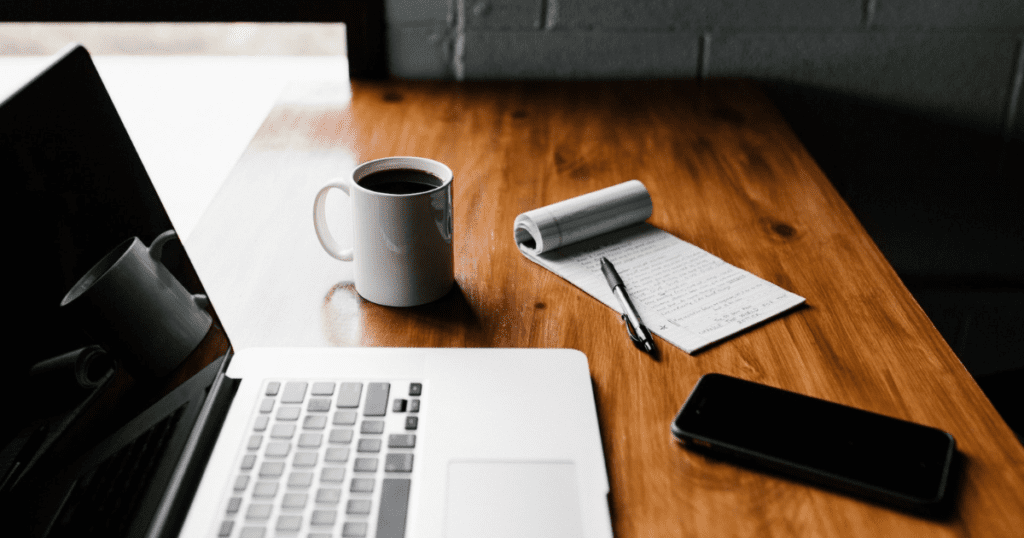
Do Your Research
Travel safety starts at home.
A little research before you leave home isn’t just sensible – it might be the difference between your best holiday and a forgettable one.
But what if you like surprises? I certainly do. I just don’t like bad ones.
There is a certain romance and mystery about going to places you know little about. The unknown and the surprises travel brings has brought me some of my favourite travel stories.
The difference is most of these memories come from a time when I relied on good luck more than anything else.
“We live in an age where we can use technology to put the odds more in our favour.”
If I had access to the information we get at our fingertips today, I wouldn’t have ended up in that filthy hostel in London.
Another time I ended up next to a druggie house, where I could hardly sleep for fear of someone kicking my door in.
No form of accommodation will tell you that they are in an unsafe area. No tour provider will advertise that they have a bad safety record. Online review sites like TripAdvisor aren’t perfect, but in my experience, they give a reasonably good indication.
Before any trip, I’ll always have a quick glance for any red flags that might make me think twice.
Any unnecessary risks aren’t worth it when travelling.
For the sake of a Google search, it might just keep you from putting yourself potentially in an unpleasant or unsafe situation.
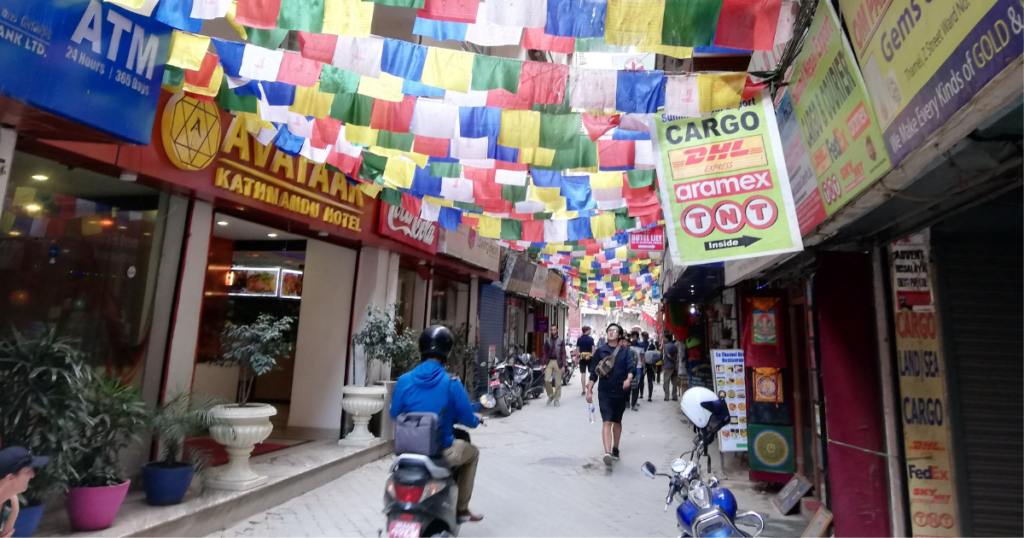
Take a Photo of Your Accommodation
This travel safety tip has saved me many times – particularly in countries where English isn’t so common.
Trying to get back to your accommodation when you are lost in a strange city can not only be a scary experience – it can be an unsafe one too.
Having a photo of your accommodation, or even a business card from your hotel/hostel can be the difference between feeling helplessly lost and you getting home safely.
No one wants to be lost in a strange city longer than they have to.
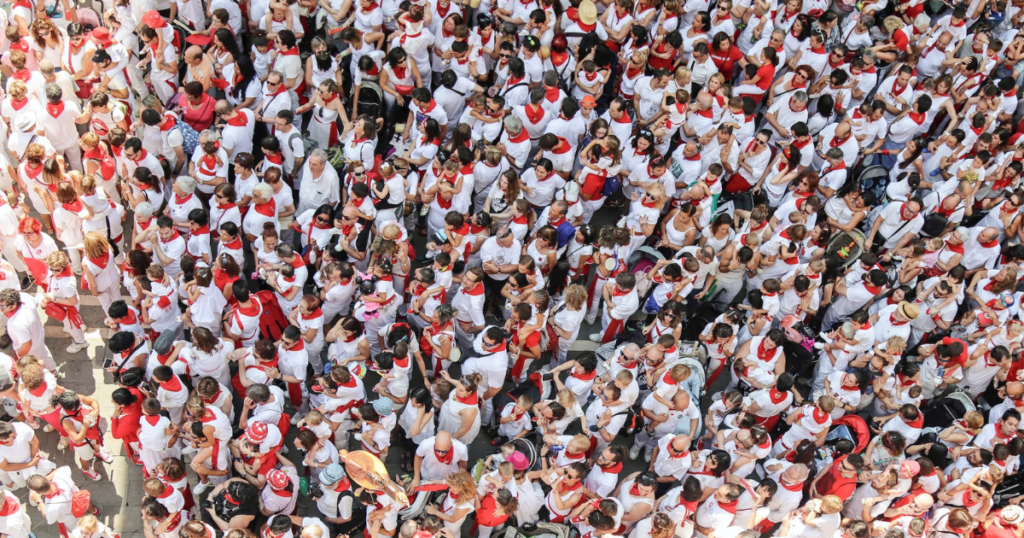
Blend in with the Crowd
This is easier said than done, but the less you look like a tourist, the better the chance you will be left alone.
To clarify, the chances of you being targeted for anything are slim wherever you go.
The vast majority of people I have met travelling were good people and very welcoming. However, there is always a minority out there who may look to take advantage of tourists.
Dressing appropriately for your destination is a must.
“Most places in western countries are reasonably casual but some countries in the Middle East, Africa and parts of Asia are less so.”
By dressing the way the locals do, you show respect for local traditions as well as helping you not to stick out from the crowd any more than you already do.
For backpackers, collecting country flag patches and sewing them onto your backpack seems like a great idea. Backpackers have done this for decades. They are good souvenirs too, but nothing screams out ‘Tourist!’ more than someone with a backpack with twenty flags on the back.
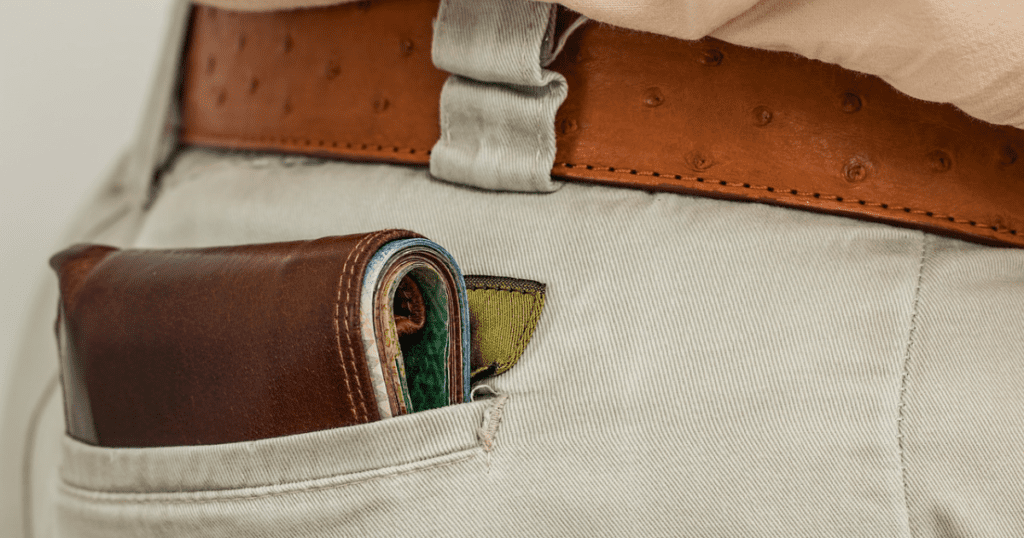
Keep Your Wallet in Your Front Pocket
What do Barcelona, Rome, Prague, Madrid and Paris have in common?
If you’re thinking of wonderful food and beautiful architecture you would be right.
Another thing they have in common is they are five of the worst cities in the world for pickpockets.
It is not as simple as a gentle snatch from the back of your jeans pocket either. Using deceitful and distracting techniques, pickpockets thrive in cities with large crowds, particularly in tourist areas.
“One of the best (and easiest) things you can do is keep your wallet or purse in your front pocket.”
Alternatively, a secure bumbag in front of you will work as well. It is a less obvious target and also a much more difficult place to access for a stray hand that may try to separate you from your wallet or purse.
I have heard of some travellers taking it to the next level by using a decoy wallet in their back pocket. Not a strategy I have personally used, but it would be an interesting exercise!

Be Aware of the Local Scams
Wherever travellers go, there is also a part of the community that wants to make a quick buck as well – it comes with the territory.
Sometimes they are legitimate businesses that thrive on tourism, such as tour companies and souvenir stores.
There is also the other element that operates deceitfully. These scammers are often in plain view.
I remember being on Waikiki Beach in Hawaii when a young lady approached, offering me a beautiful lei for no reason whatsoever. I refused, but I saw a young lady behind me accept one and was aggressively hassled up the beach for a ‘donation’.
Remember, nothing comes for free, especially for tourists. There will always be a price.
These deceitful practices go on in every city in the world. The one thing they all have in common is they target tourists and use their naivety to their advantage.
Do yourself a favour and give yourself a heads up on what local scams to expect in your destination.
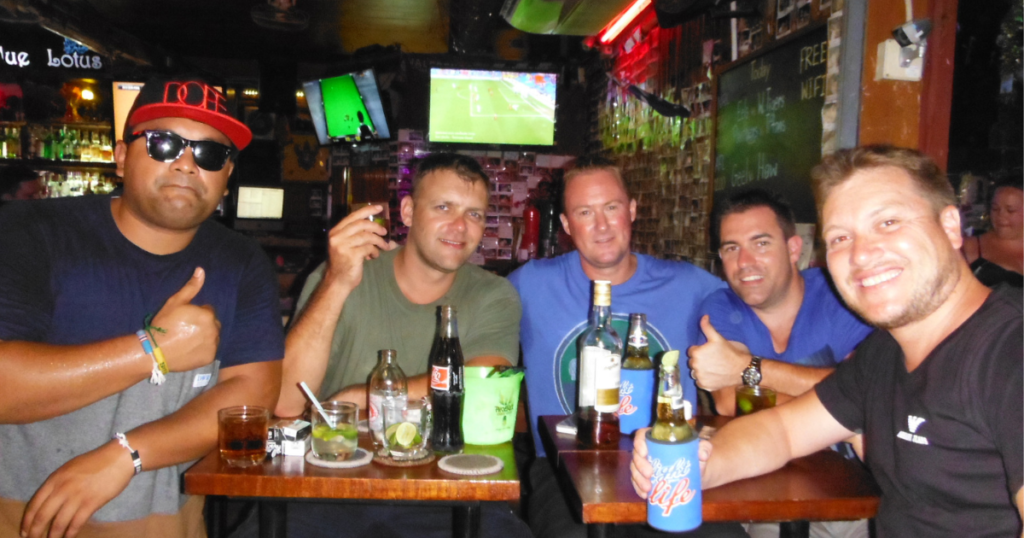
Be Careful with Alcohol
I should preface this by saying my twenty-something self would have probably disagreed. But now as a more sensible guy, it’s important to mention.
It goes without saying that getting hammered in a foreign bar, in a strange city (particularly on your own), is something you should avoid.
“As a traveller, you stick out from the crowd. No matter how hard you try.”
There are ways to be not so noticeable (see travel safety tip #3), but it is impossible to a degree.
I’m not saying that a good party is out of the question. Nights out with new or old friends are one of the best parts of travelling. It is when you get hammered, that you might find yourself in a vulnerable position if things get out of hand.
If anything, stay local, go out as a group and always have a way to get back to your accommodation.
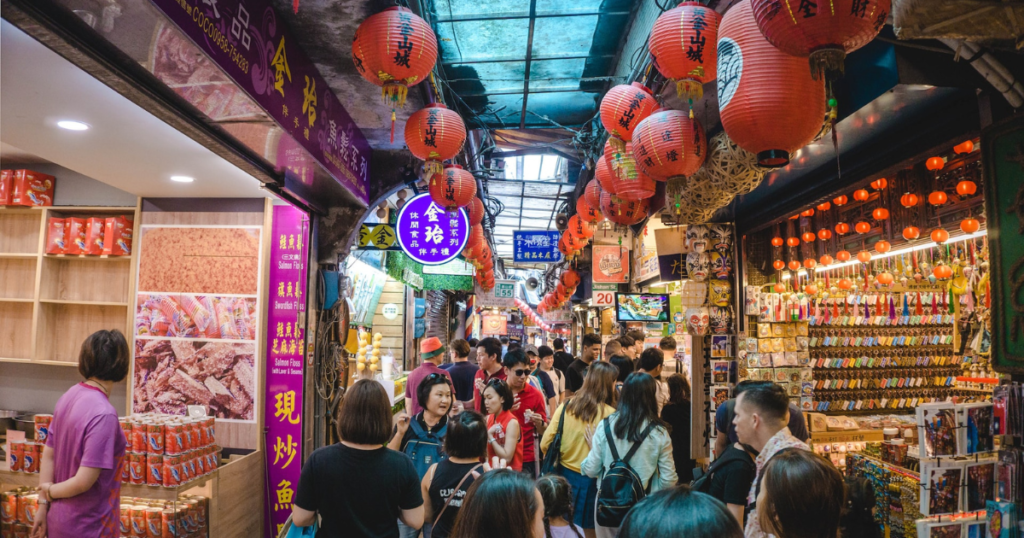
'No English!'
Pretty much everywhere I have been in the world, locals assume I am a native English speaker.
Usually, that works in my favour as it makes communication easier most of the time.
At times, I can play it around.
“If I suspect that I’m about to get hassled or scammed, one of the most efficient methods of deterring these people is to put my hands up in the air and say ‘No English’, then keep walking.”
Most of the time, ignoring them can be enough to deter these people, but some are more determined than others. I have found the ‘No English’ line to be one of the most effective ways to get them off my back.
Once in Kathmandu, it wasn’t so effective.
After trying my ‘No English’ line one afternoon, an aggressive Nepali salesman started speaking to me in German. I was lost for words that day.
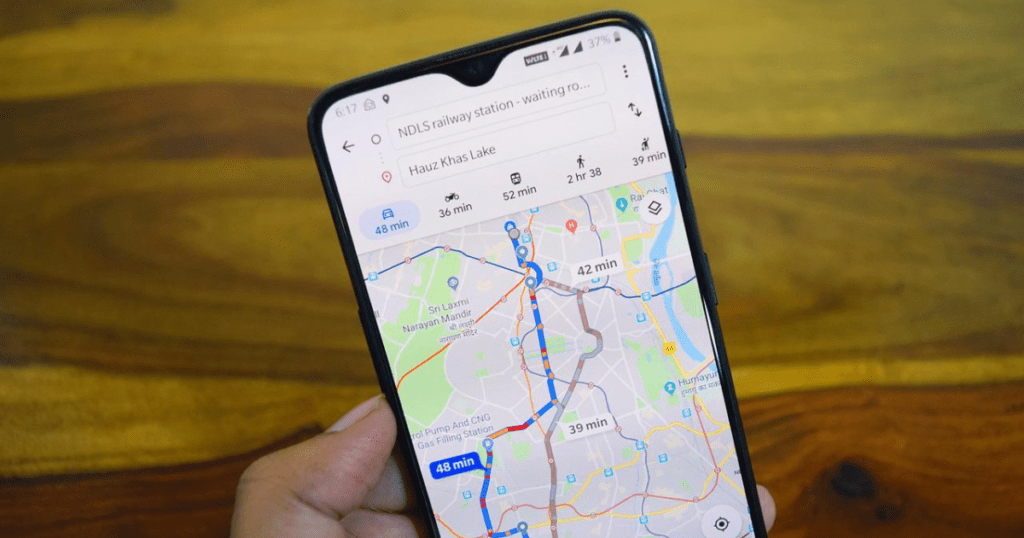
Use Voice Directions to Get Around
One of the worst things you can do in a city to make yourself stand out is stare at your phone (or worse, a map) at an intersection, trying to figure out where you are.
These lonely figures scream ‘Help, Lost Tourist’.
“Instead, download local directions to Google Maps on your phone, put some headphones on and use voice directions to guide you to where you are going.”
Walk confidently, knowing that Google will get you to your destination safely. You won’t spend half as much time looking like you are lost and will mix in with the crowd more.
If voice directions aren’t your thing, consider using small notes that you can fit in the palm of your hand with directions you can follow.
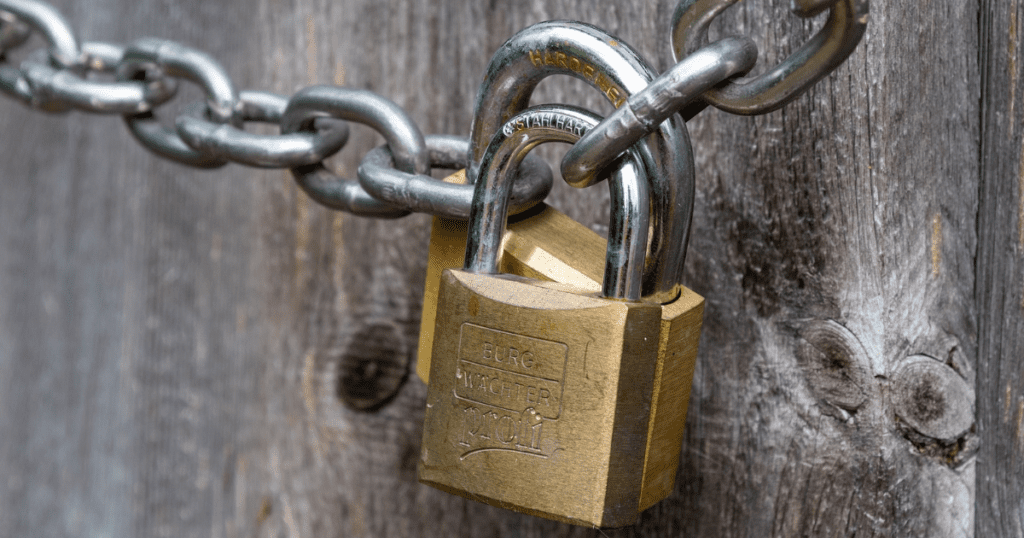
Use Secure Luggage Areas for Your Valuables
Take advantage of secure luggage areas at every possible opportunity.
By stashing your valuables away safely instead of lugging them around a city, you can have the peace of mind that they are safe and secure while you enjoy exploring.
Cash, cards and travel documents are your lifeline on your trip, be smart and only take what you need with you.
I was careless one time in the UK many years ago and lost my wallet and a bunch of cash when I was out and about.
The hassle is not worth it.
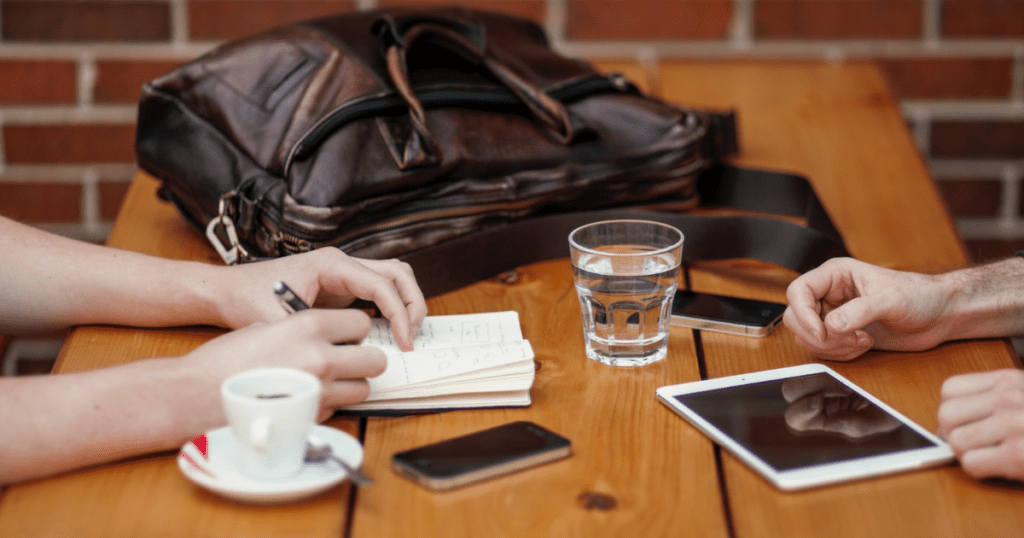
Strap Your Bags to Keep Them Safe
A common form of thievery throughout the world is the bag snatcher.
Either, off your shoulder, from your table or off the floor. If you don’t have your bags attached to you somehow, you risk being a victim of these thieves.
“When sitting in a cafe, try putting a table leg, or chair leg over your bag strap. When walking, use a small carabiner or plastic tie to secure your bag to your belt.”
Bags are an easy target as they are usually only slung over a shoulder, held in a single hand or placed on the ground.
By taking a few precautions, you will make life a lot more difficult for any wannabe thief.
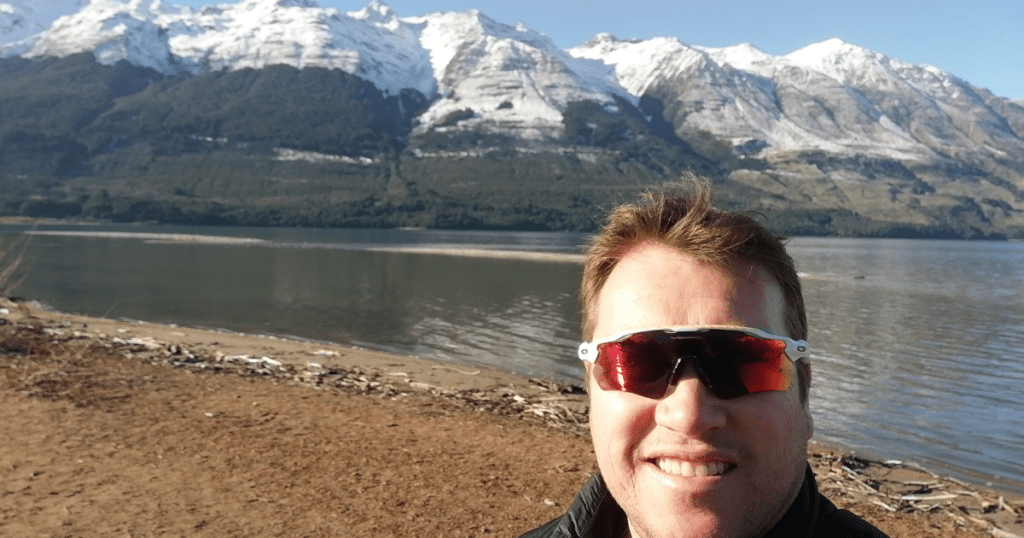
Be Wary of Your Selfie Spots
Some of my favourite photos are selfies.
They can be a nightmare though. You don’t have to look too hard online to find stories of people who have been seriously injured or even killed. All for the perfect photo.
All around the world, even in my hometown, I have seen people put themselves in unsafe places taking selfies.
In 2019 I visited Mount Vesuvius in Italy, where I saw tourists climb the fence to get closer to the crater rim for selfies. Scary stuff. Last year this happened.
I love a good photo as much as anyone but if you really need to jump that fence to get that cliffside selfie, then at least be smart where you do it.
In places with a lot of people around, be mindful of your surroundings when taking selfies.
Your new iPhone is an easy target when it is held up with one hand in a crowd of people.
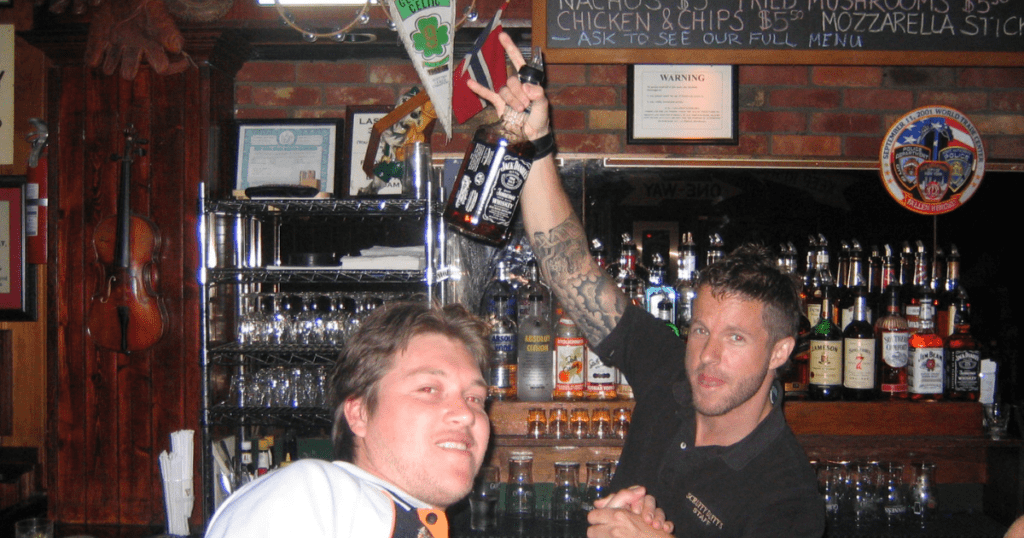
Ask Locals for Safety Advice
People you meet on your travels are usually pretty cool.
Locals will often go out of their way to give you friendly advice to make your stay as enjoyable as possible.
In an unfamiliar environment, one of the first things I ask from a local is where not to go.
“The information they provide is often difficult to find online. ‘Don’t go to this bar’, ‘The food is great here’ – local information is usually the most reliable you can get.”
Locals are the best source of knowledge on everything from local scams, to dangerous areas and pretty much everything else.
Use that knowledge. I always found hospitality workers particularly helpful.
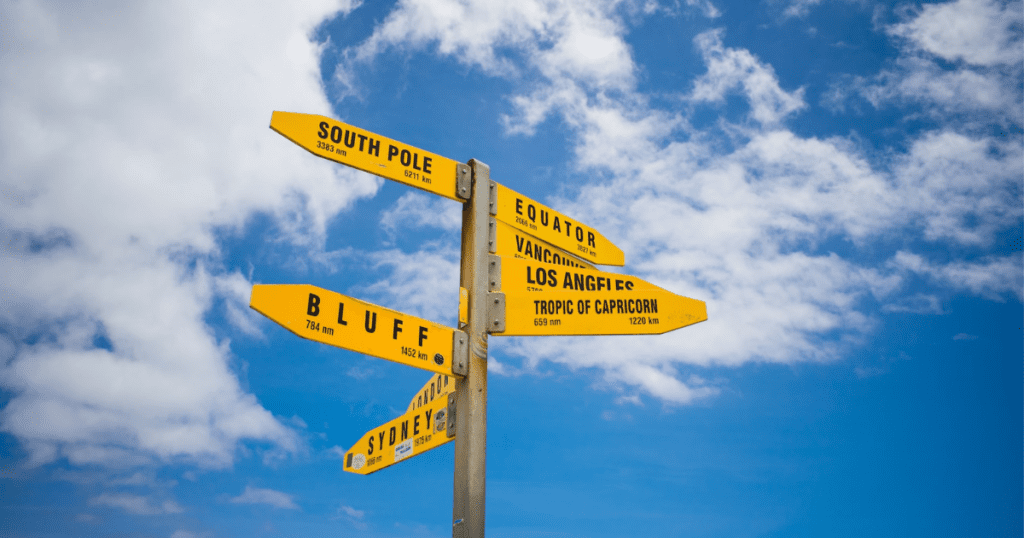
Tell People Where You Are Going
This applies to solo travellers most of the time, but applies to any traveller – please tell people where you are going.
Things can happen which cause you to go off the grid when travelling. It could be a lost internet connection, a lost phone or even a natural disaster.
Most official advice tells you to check in with your local embassy. The reality is most travellers don’t do that – I’ve only done it once.
“The next best thing you can do is tell people where you are going and give them a rough itinerary. At least that way, the important people in your life know where you are.”
A friend of mine was in Phuket when the Indian Ocean tsunami devastated large parts of Asia in 2005. He disappeared for days before resurfacing innocently enough a few days later. For those few days, I (and many others) wondered whether he was alive or not.
With technology in our pockets these days, it’s not difficult to let your loved ones know where your next adventure is taking you.
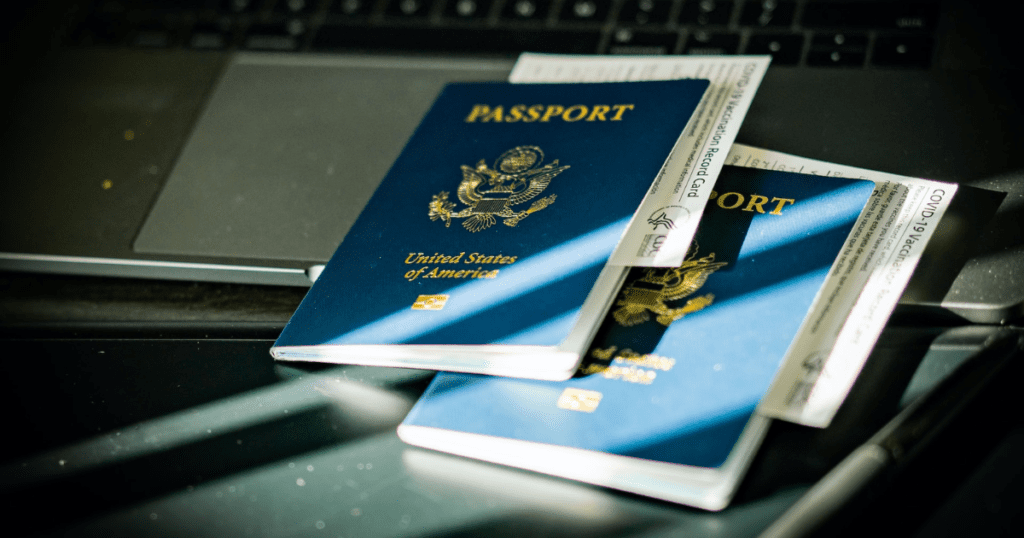
Take Photocopies of Your Documents
One of the first pieces of travel advice I ever received is still probably one of the most relevant.
Take photocopies of any documents and identification you will have with you, and store them separately. This includes copies of accommodation bookings, flight reference numbers, credit cards and driver’s licences.
“If you lose anything (which happens), at least you can verify who you are with some paperwork as opposed to just another tourist who has lost a passport or phone.”
It just might save your accommodation booking, flight home or any other eventuality that might come up if things go awry on your trip.
So there you have it. Fourteen of my best travel safety tips for your next trip. Do you have any tips to share?
Let me know in the comments.
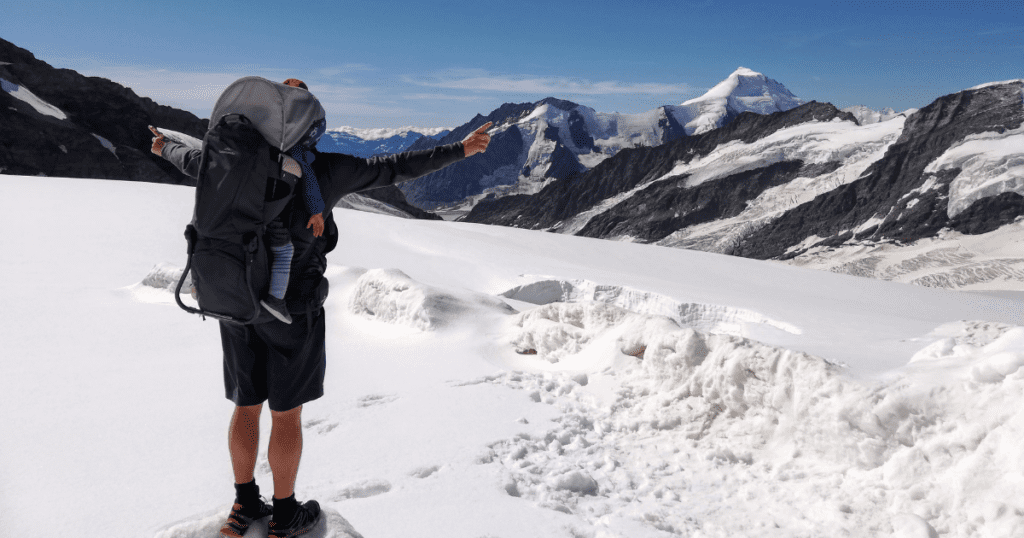
Some great tips there Marc, many I have used myself. I carried a business card of my Moscow hotel with me, only to find it useless with the taxi driver as it was in Russian, but using the English alphabet, not Cyrillic, something to bear in mind. Hadn’t heard of the “No English”, that’s a good one!